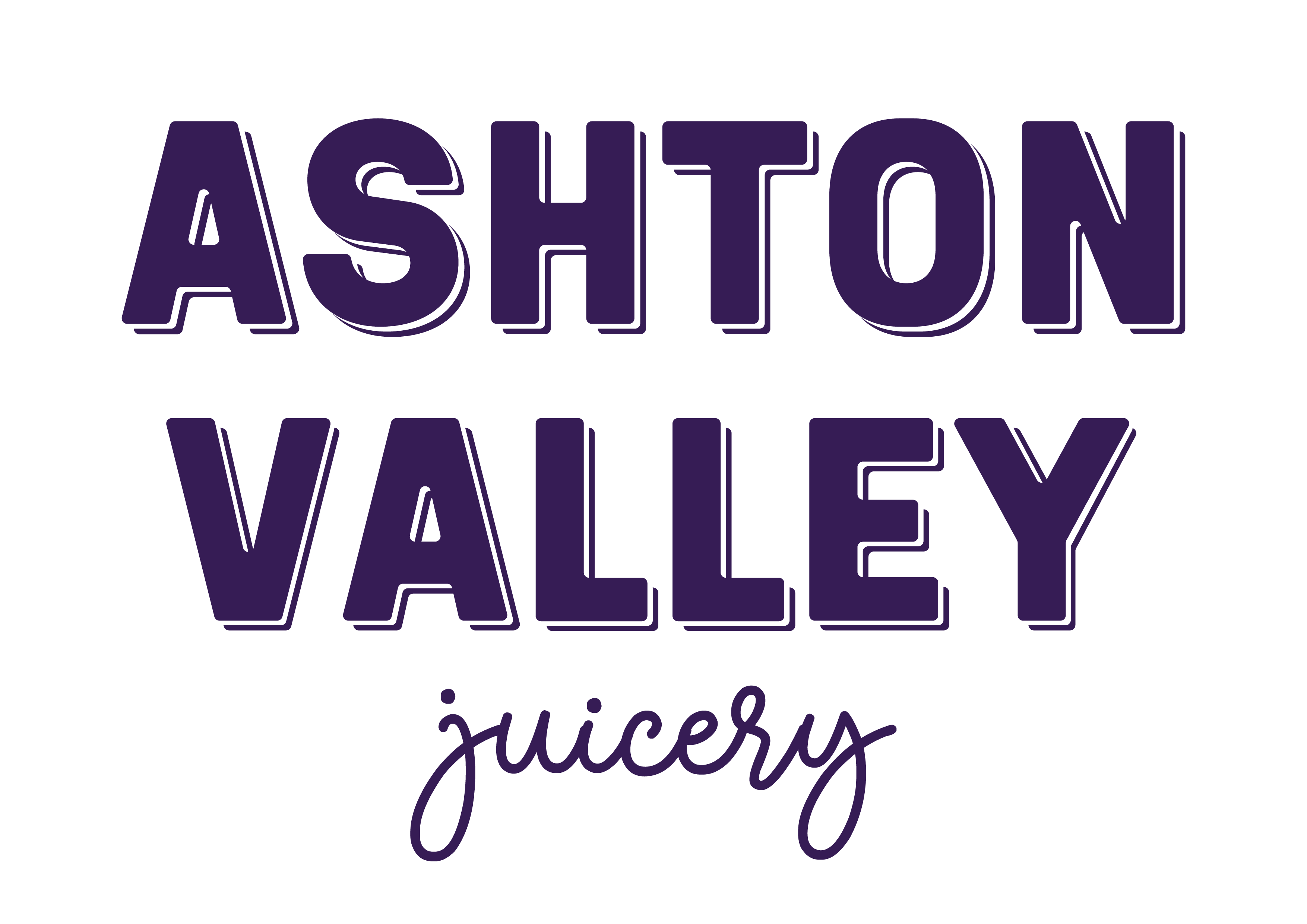

Ashton Valley Fresh

1.6
South Australia, Australia
October 2025
Agricultural Processing
Agriculture/Growers
Australia
Ashton Valley Fresh is a family-owned juice producer in the Adelaide Hills, creating premium, clean-label fruit juices made from locally grown fruit. Established within the Ceravolo family orchards, the business follows a true orchard-to-bottle philosophy, supporting South Australian growers and a resilient regional food system. The company is committed to responsible production and continuous improvement. Ashton Valley Fresh prioritises sustainability through solar-powered processing, water recycling, composting, and a zero-waste approach that repurposes by-products into animal feed, cider vinegar, and R&D initiatives. This environmental focus is matched by a commitment to safe, supportive workplaces and strong relationships with local suppliers and community partners. Quality, transparency, and authenticity sit at the heart of the business. Every product is free from added sugars, flavours, concentrates, and colours, reflecting Ashton Valley Fresh’s belief that great juice should be as natural as the fruit it comes from. By becoming a Certified B Corporation, Ashton Valley Fresh reinforces its mission to use business as a force for good — supporting its community, reducing environmental impact, and contributing to a more sustainable future for the Adelaide Hills and beyond.
Overall B Impact Score
Governance 16.4
Governance evaluates a company's overall mission, engagement around its social/environmental impact, ethics, and transparency. This section also evaluates the ability of a company to protect their mission and formally consider stakeholders in decision making through their corporate structure (e.g. benefit corporation) or corporate governing documents.
What is this? A company with an Impact Business Model is intentionally designed to create a specific positive outcome for one of its stakeholders - such as workers, community, environment, or customers.
Workers 20.5
Workers evaluates a company’s contributions to its employees’ financial security, health & safety, wellness, career development, and engagement & satisfaction. In addition, this section recognizes business models designed to benefit workers, such as companies that are at least 40% owned by non-executive employees and those that have workforce development programs to support individuals with barriers to employment.
Community 30.3
Community evaluates a company’s engagement with and impact on the communities in which it operates, hires from, and sources from. Topics include diversity, equity & inclusion, economic impact, civic engagement, charitable giving, and supply chain management. In addition, this section recognizes business models that are designed to address specific community-oriented problems, such as poverty alleviation through fair trade sourcing or distribution via microenterprises, producer cooperative models, locally focused economic development, and formal charitable giving commitments.
What is this? A company with an Impact Business Model is intentionally designed to create a specific positive outcome for one of its stakeholders - such as workers, community, environment, or customers.
Environment 23.5
Environment evaluates a company’s overall environmental management practices as well as its impact on the air, climate, water, land, and biodiversity. This includes the direct impact of a company’s operations and, when applicable its supply chain and distribution channels. This section also recognizes companies with environmentally innovative production processes and those that sell products or services that have a positive environmental impact. Some examples might include products and services that create renewable energy, reduce consumption or waste, conserve land or wildlife, provide less toxic alternatives to the market, or educate people about environmental problems.
Customers 3.9
Customers evaluates a company’s stewardship of its customers through the quality of its products and services, ethical marketing, data privacy and security, and feedback channels. In addition, this section recognizes products or services that are designed to address a particular social problem for or through its customers, such as health or educational products, arts & media products, serving underserved customers/clients, and services that improve the social impact of other businesses or organizations.